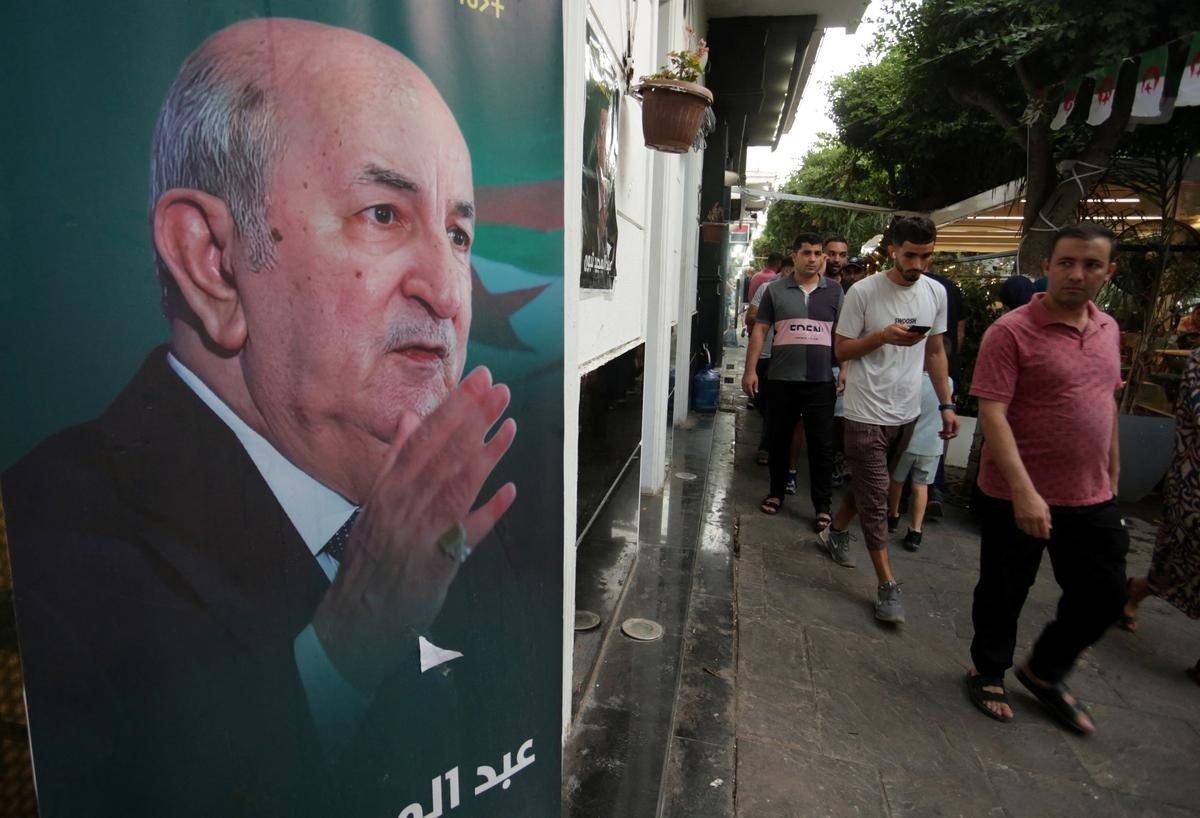
Challenges Facing Algerian President Tebboune in His Second Term
Abdelmadjid Tebboune has been re-elected as Algeria’s president for a second term, with revised results showing 84.3% of the vote. Despite his victory, Tebboune faces significant challenges, both domestically and internationally. Voter turnout was recorded at 46%, reflecting concerns about public participation in the political process.
Domestically, Tebboune's government will need to address the weakening of civil society in recent years. Many activists remain in exile or imprisoned, leading to a decline in civic engagement. Encouraging youth participation, especially amid rising youth emigration, will be a critical focus for the administration.
Economically, the country faces high inflation and unemployment. While Tebboune’s government has promised to create jobs and diversify the economy, much of Algeria's financial stability depends on global oil and gas prices, which are central to its revenue.
On the international front, Tebboune will continue to manage regional issues, including tensions in Mali and Western Sahara, while maintaining Algeria’s role in international diplomacy.
Stichworte







